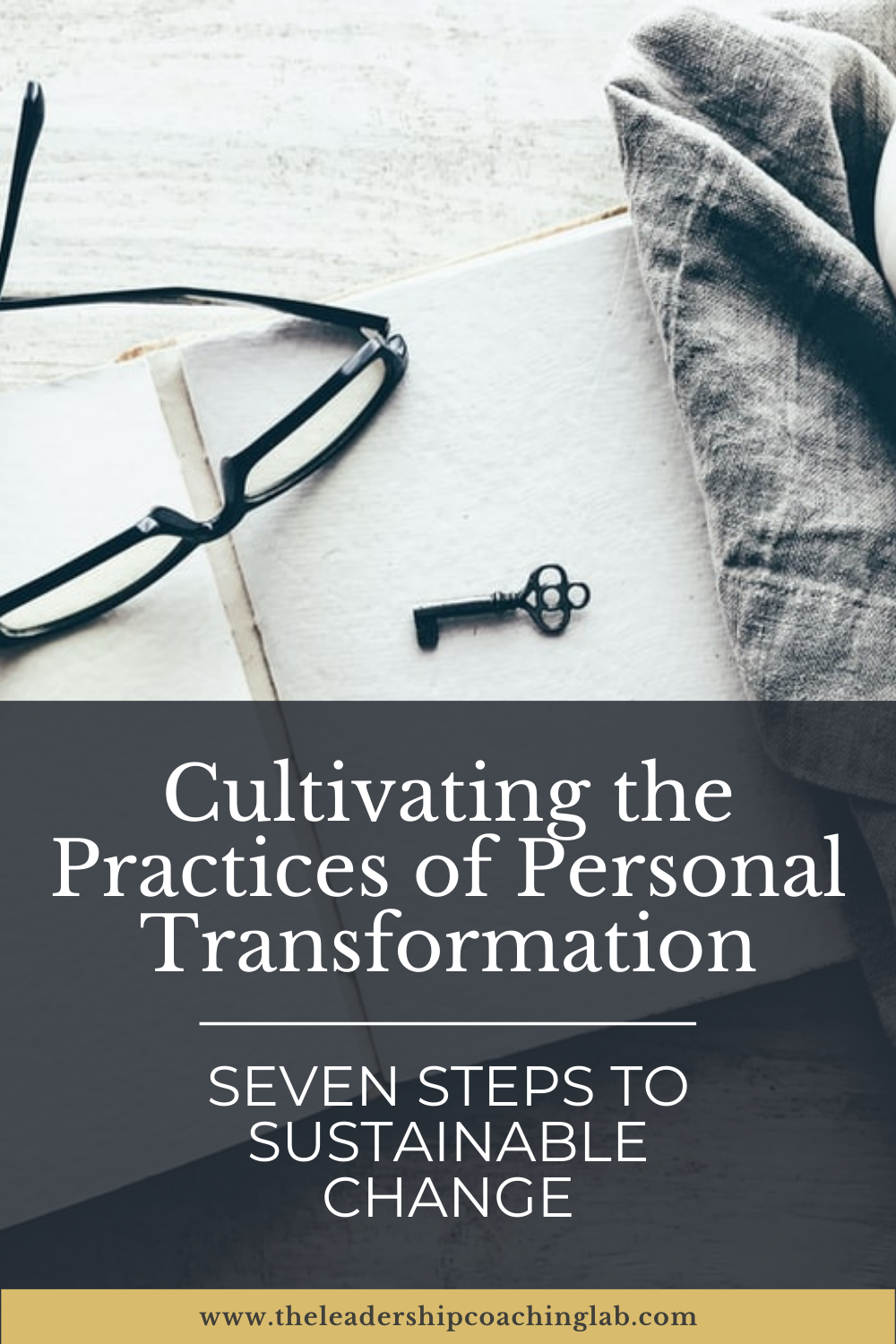How to Ask Better Questions
What are your strategies for insightful question-asking?
“We live in the world our questions create.”
Asking questions is a seemingly simple part of our everyday conversations. However, the types of questions we ask can make a big impact in shaping our perceptions, experiences, and relationships. In their HBR article “The Surprising Power of Questions,” Alison Wood Brooks and Leslie K. John outline how well-timed, thoughtful questions can:
facilitate learning
enhance collaboration
improve our emotional intelligence
accelerate innovation
increase trust on teams
But, the topic, type, tone, and timing definitely matter. So, what makes some questions better than others?
Inspire Innovation through Your Questions
In “A More Beautiful Question: The Power of Inquiry to Spark Breakthrough Ideas,” Warren Berger describes the types of questions that drive innovation. When trying to solve a problem, or come up with new ideas, Berger highlights these tips to work towards a more beautiful question-
Realize what do you don’t know about a situation.
Cultivating a learning mindset grounded in humility helps us ask better questions. Identify the gaps in your understanding and let your curiosity motivate new questions.
Refuse to accept current reality.
One key to kickstart innovative thinking is to ask what could be possible? To shift your mindset to be more possibility-oriented, do a mini brainstorming session where you can generate several questions starting with what if _____?
Keep your questions open-ended.
To spark richer responses, practice asking questions that start with “what” or “how.” Note the difference in these two questions:
A: Do you need more training?
B: What type of training would be valuable?
Question A requires only a yes/no answer, while Question B will elicit more thoughtful options in response.
Check your assumptions.
Even when we ask open-ended questions, we often embed assumptions in our questions — which could either be a bias or even a suggestion disguised as a question. Note the starting point in these two questions:
A: How will you fix your communication?
B: How will you communicate in the future?
Question A suggests that previous communication has been a problem, whereas Question B is more open-ended and future-focused.
Accelerate Growth through Your Questions
In their HBR article, Brooks and John emphasize the varied ways in which questions can strengthen our relationships. Of the many types of questions that can be asked, they explain that follow-up questions are most effective at making another person feel valued. They also note that a logical, conversational progression of questions is important.
Many coaching models maximize the value of follow-up questions to support personal growth and development. Coaching questions are open-ended questions that are intended to help an individual raise awareness and take action towards goals.
The GROW model, a popular coaching roadmap contributed by Sir John Whitmore, provides a series of questions to work through in a goal-focused session:
Goal: What do you want? What is your goal?
Reality: What is happening? What are the challenges and opportunities?
Options: What could you do? What are your choices?
Will: What will you do? What are your next steps?
In a formal coaching session, these phases of questioning may be followed somewhat sequentially — with lots of listening, pauses, reflecting back, and several follow-up questions intermingled. Each coaching session is a unique journey of discovery, but the GROW model creates valuable structure to maximize the growth opportunity.
If you are not a coach, you can still take a coach approach by responding to coachable moments with relevant questions from the model. Try these strategies—
If someone is venting about frustrations, ask a clarifying question to get to the root of the challenge, such as: What is the key challenge you’re facing here?
If you hear someone ‘circling’ around their challenge by reiterating the difficulties over and over, help them get unstuck by asking a question such as: What are some possible solutions you can explore?
If you notice that a colleague or friend frequently complains about a lack of progress in a certain area, ask action-oriented questions, such as: What is the next step you can take?
Get the Complete Toolkit to Inspire Growth & Change
Get my free 60-page ebook featuring my 8-step process for growth and 80 powerful questions for coaching or reflection - designed for leaders, coaches, & personal growth enthusiasts.
You'll also join 2,000+ professionals who receive The Coaching Mindset, my newsletter for practical tips to inspire intentional growth and tools to take a coach approach.






